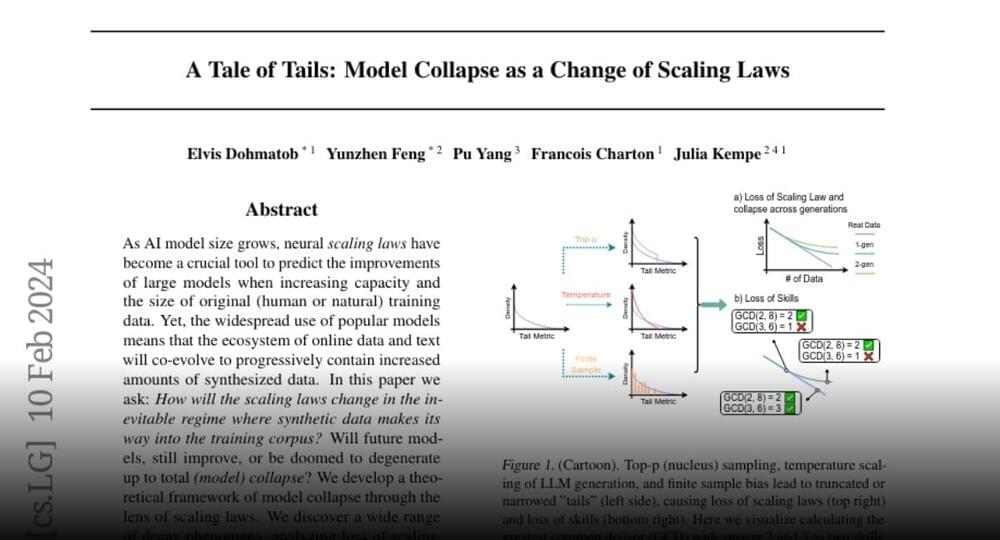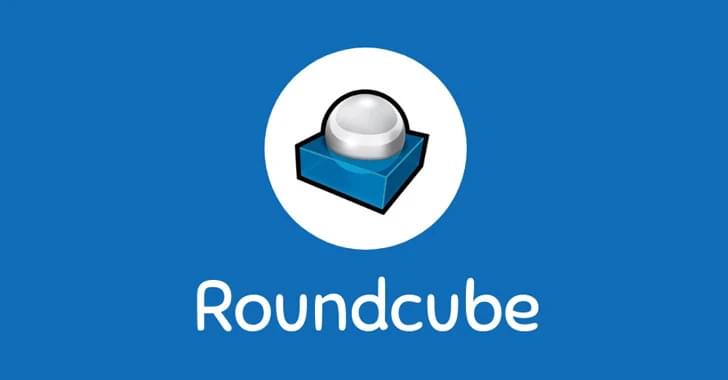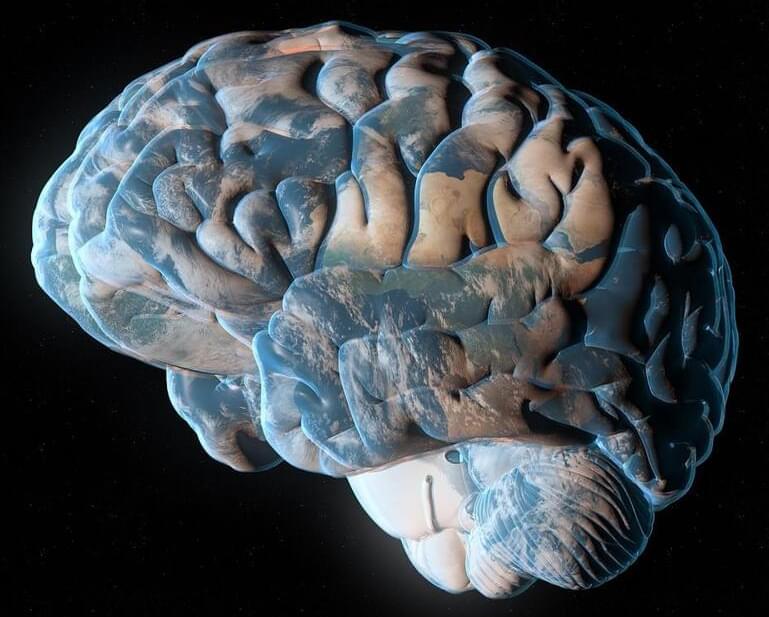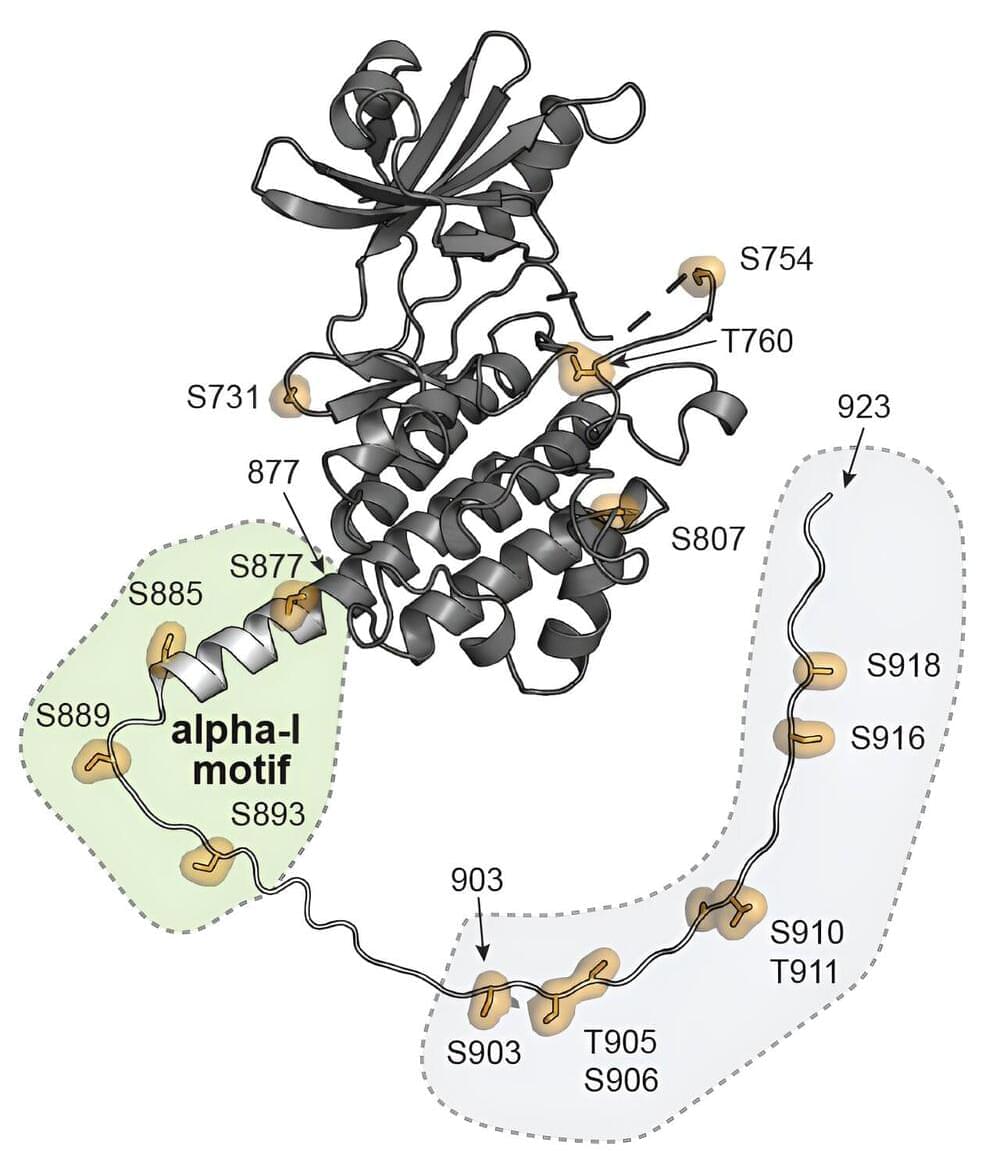Join the discussion on this paper page.




An air traffic controller’s routine can be disrupted by an aircraft that requires special handling. This could range from an emergency to priority handling of medical flights or Air Force One. Controllers are given the responsibility and the flexibility to adapt how they manage their airspace.
The requirements for the front line of air traffic control are a poor match for AI’s capabilities. People expect air traffic to continue to be the safest complex, high-technology system ever. It achieves this standard by adhering to procedures when practical, which is something AI can do, and by adapting and exercising good judgment whenever something unplanned occurs or a new operation is implemented – a notable weakness of today’s AI.
Indeed, it is when conditions are the worst – when controllers figure out how to handle aircraft with severe problems, airport crises or widespread airspace closures due to security concerns or infrastructure failures – that controllers’ contributions to safety are the greatest.
The robot’s quadruped locomotion helps it look for hazards in cramped and cluttered experiment spaces inaccessible to other robots.

Ford says it has a top-secret, high-powered team working to design its future electric vehicles. It’s part of a quest to compete profitably against Tesla and lower cost EV makers from China.
People in the market for an electric luxury vehicle can find plenty of options to choose from. That’s because EV technology, particularly batteries, is expensive so it’s easier for automakers to earn a profit on an Audi, Mercedes or Cadillac because people are used to paying more for those luxury car brands.
Even among mainstream auto brands, like Ford, EVs tend to cost more. Take the Mustang Mach-E, for instance, with prices starting around $45,000.
A new satellite system from Kreios Space only needs air and solar energy for propulsion while improving satellite image resolution 16 fold.

Tesla is planning to build a new world’s largest Supercharger station, and it might give us a glimpse at the future of electric car charging.
There’s no doubt that Tesla has the best charging network, the Supercharger network, but it still has room to improve.
It’s not even just about improving but evolving with the different needs of the growing fleet of electric vehicles in North America.


A group of researchers have posed a fascinating — and downright mind bending — thought experiment: If a planet like Earth can be “alive,” can it also have a mind of its own?
The team published a paper exploring this question in the International Journal of Astrobiology. In it, they present the idea of “planetary intelligence,” which describes the collective knowledge and cognition of an entire planet.
Though it seems like something ripped off the screen of a Marvel movie, they believe that the concept might actually help us deal with global issues such as climate change, or even help us discover extraterrestrial life.

Legume plants have the unique ability to interact with nitrogen-fixing bacteria in the soil, known as rhizobia. Legumes and rhizobia engage in symbiotic relations upon nitrogen starvation, allowing the plant to thrive without the need for externally supplied nitrogen.
Symbiotic nodules are formed on the root of the plant, which are readily colonized by nitrogen-fixing bacteria. The cell-surface receptor SYMRK (symbiosis receptor-like kinase) is responsible for mediating the symbiotic signal from rhizobia perception to formation of the nodule. The activation mechanism of the receptor was until recently unknown.
In this study, appearing in Proceedings of the National Academy of Sciences, researchers have now identified four essential phosphorylation sites that act as the catalyst for the symbiotic relationship between legume plants and nitrogen-fixing bacteria. The initial steps of the symbiotic pathway at the cell surface are well characterized; however, understanding of how the signal is relayed downstream has eluded the research field for years.